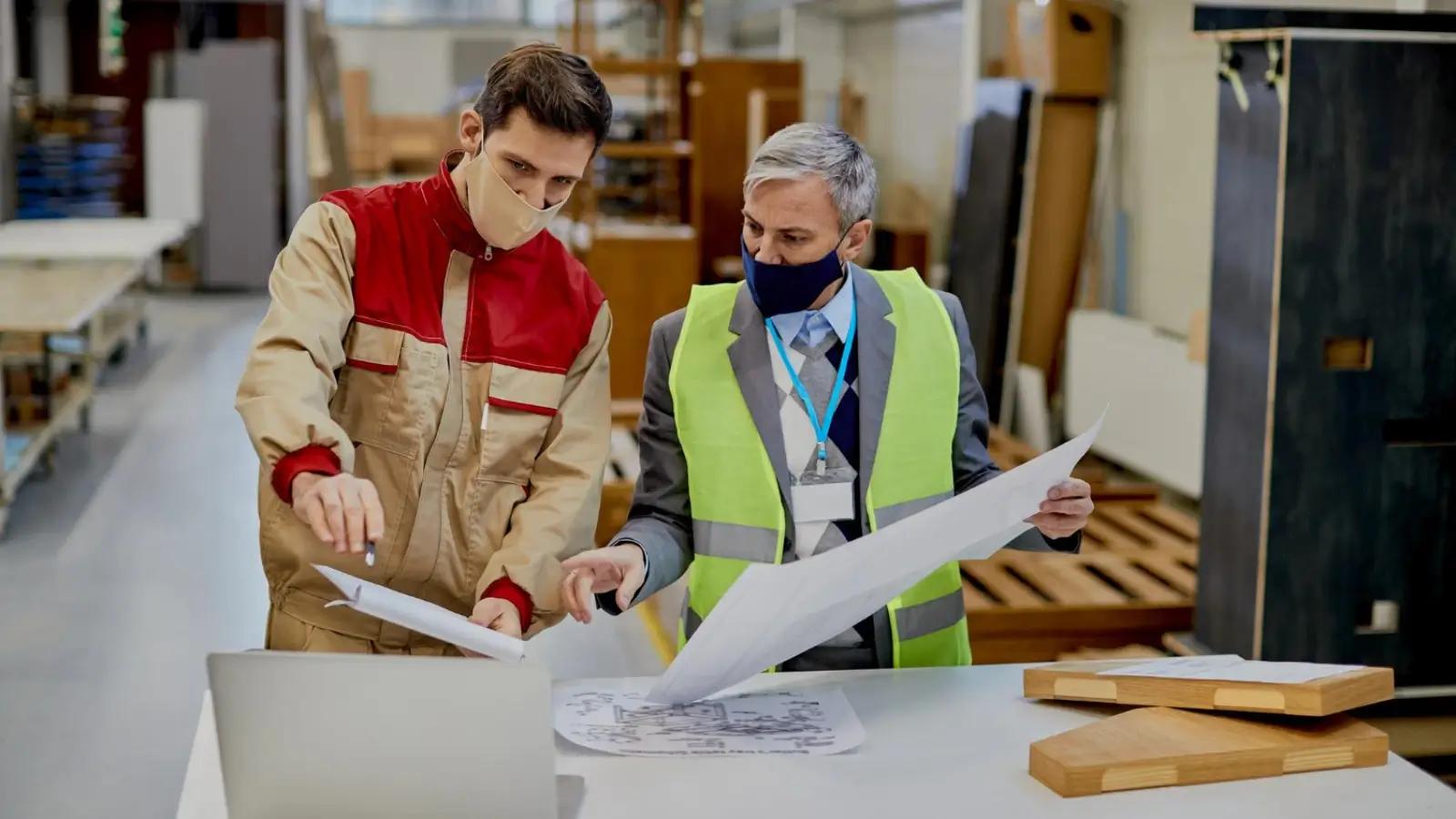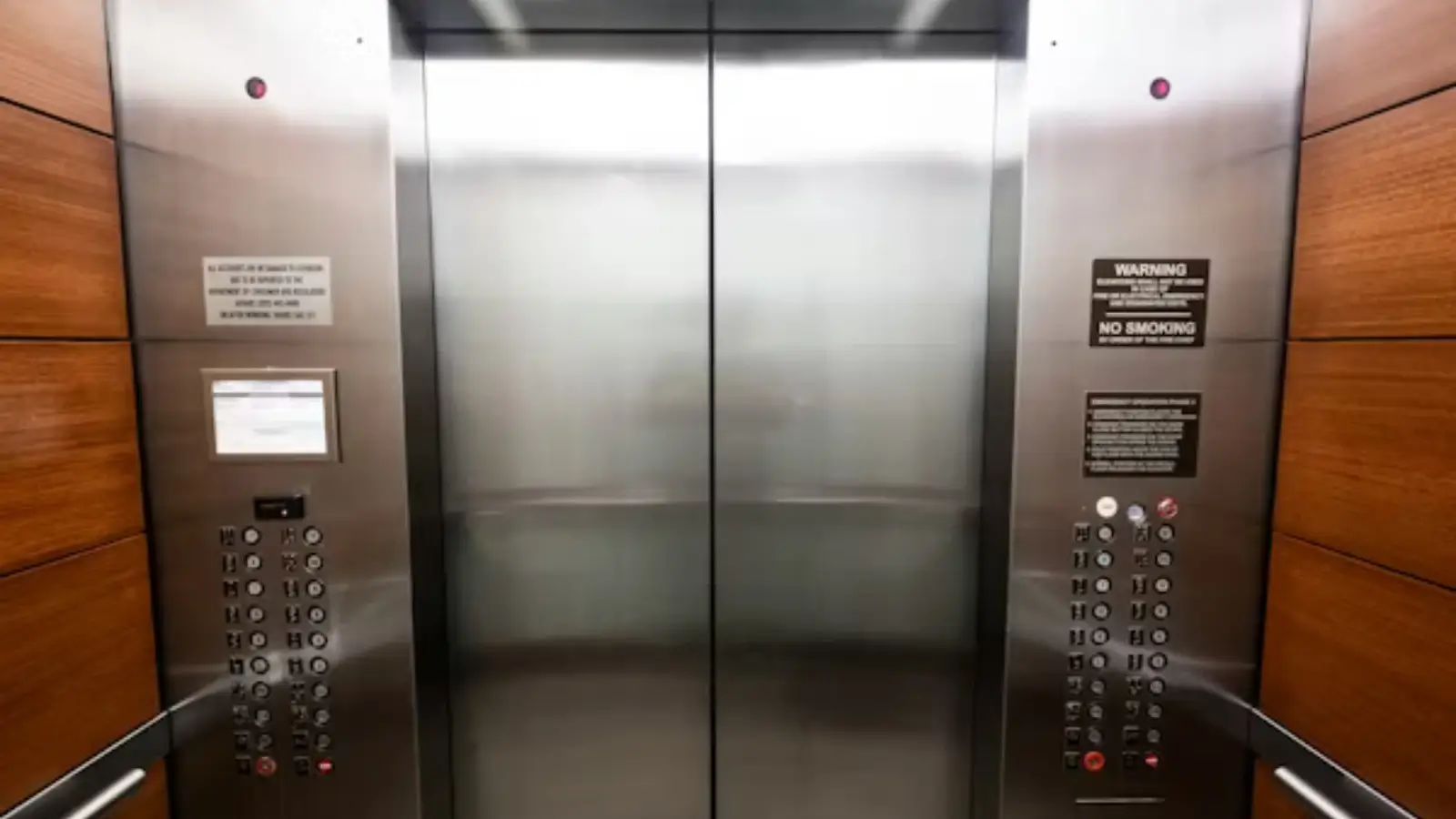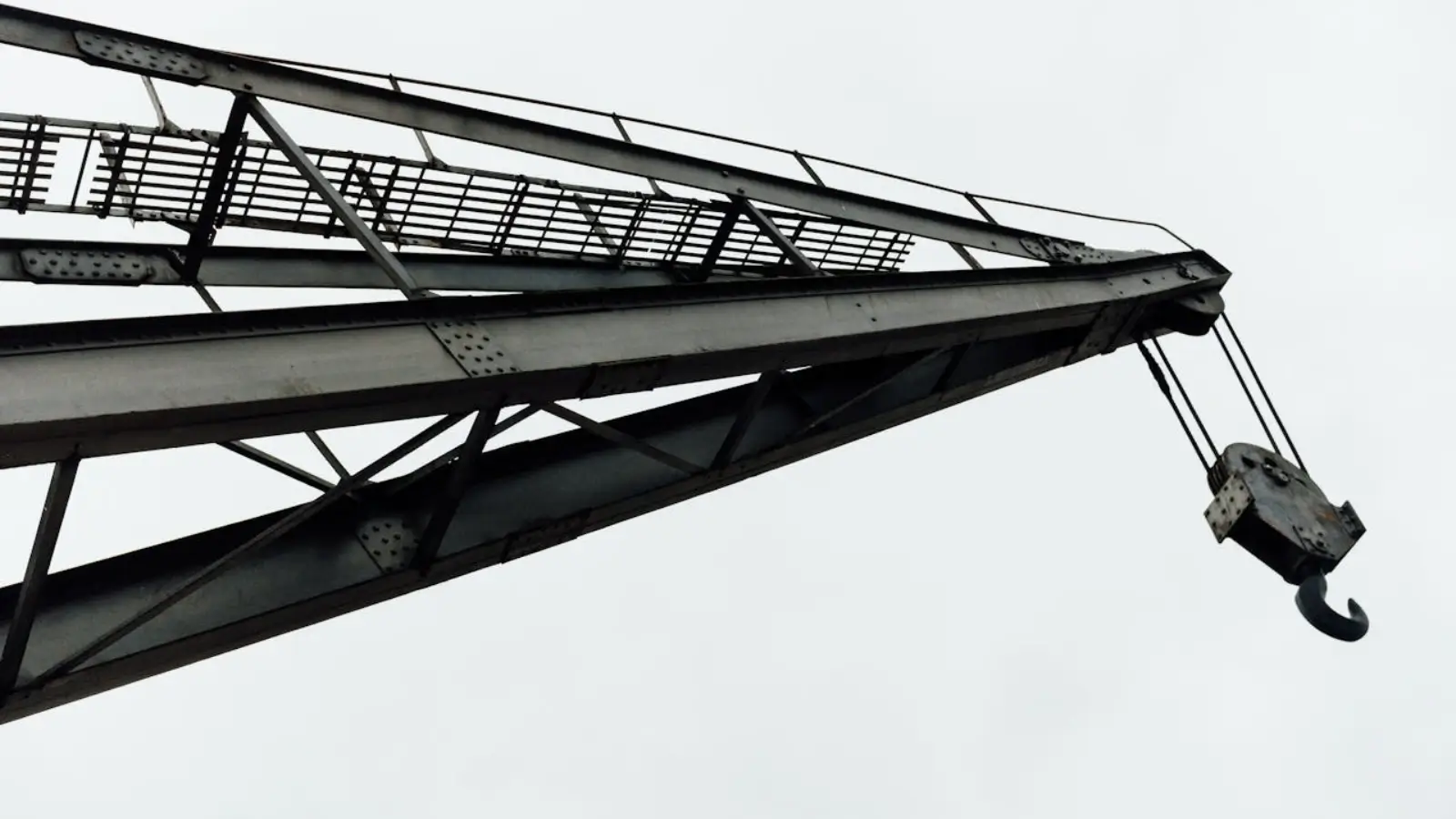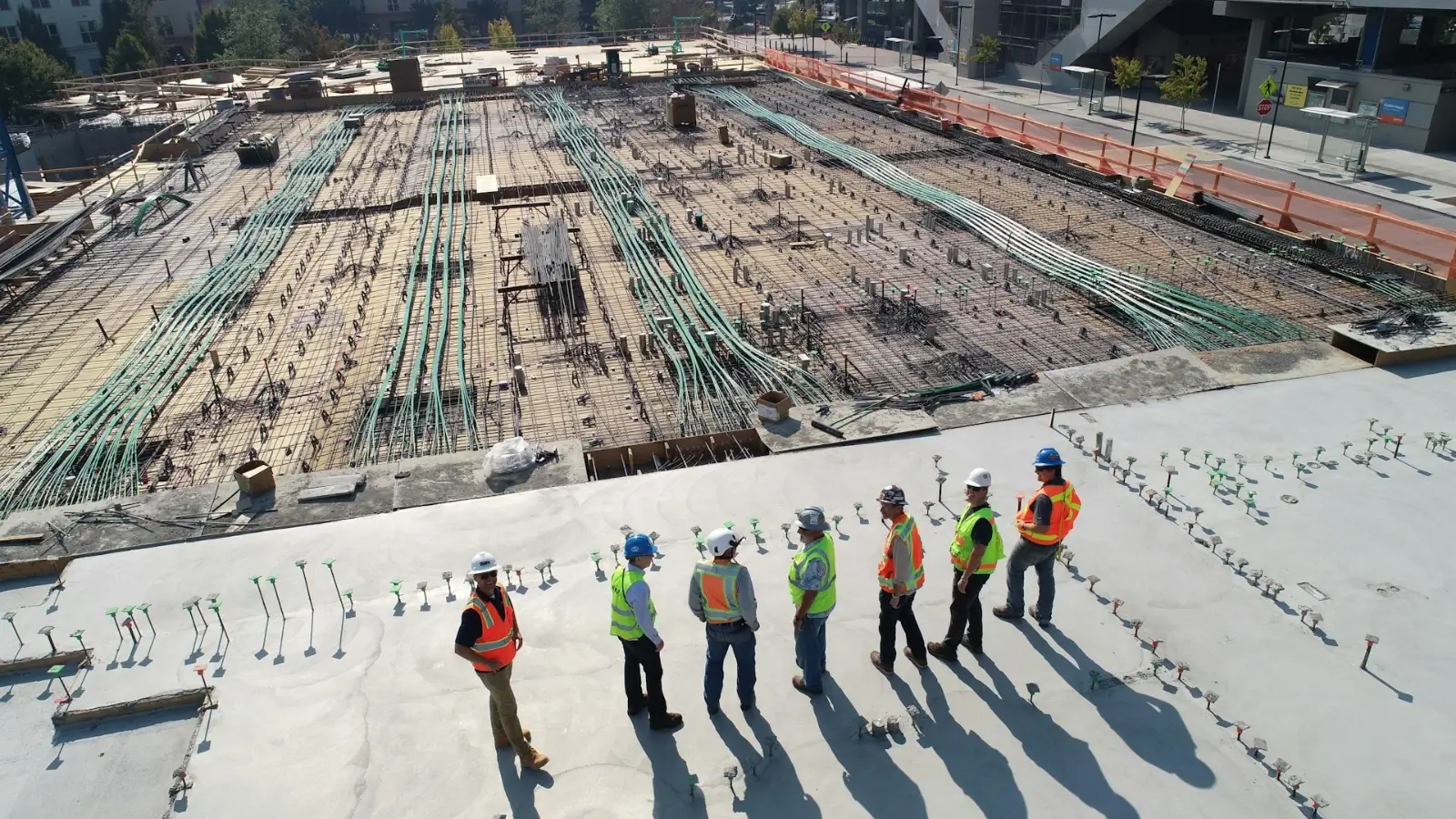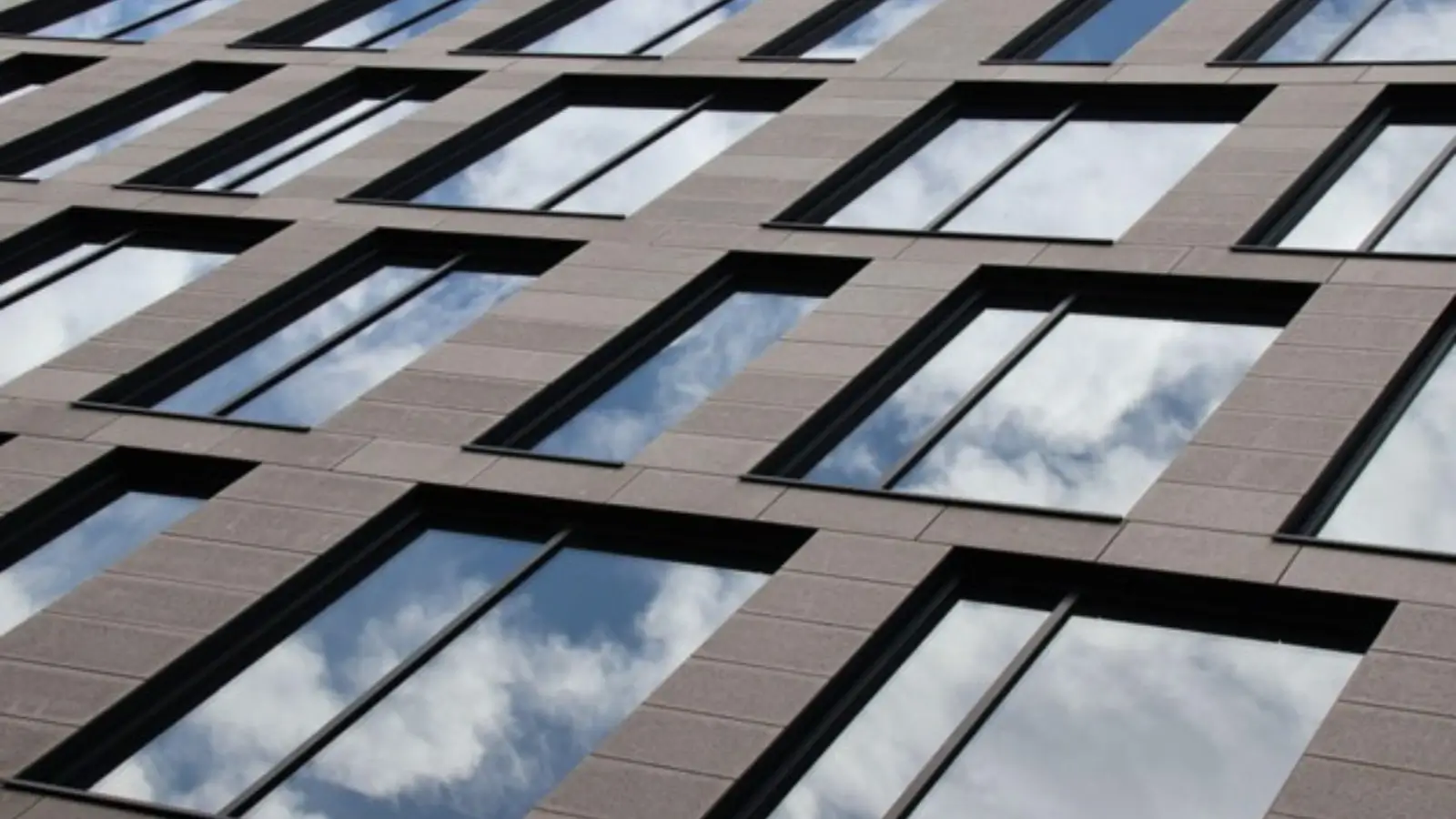Maintaining the plumbing system of a multi-unit property is a significant responsibility for property owners. These buildings often house multiple families or businesses, each relying on efficient water supply and drainage systems. Regular maintenance and timely interventions can prevent major leaks, water pressure imbalances, and sewer blockages. Plumbing failures can lead to costly repairs and tenant dissatisfaction without proper upkeep. We will explore the role of plumbers in maintaining multi-unit plumbing systems, ensuring efficiency, and preventing long-term damage. By understanding their contributions, property owners can make informed decisions to keep their buildings in optimal condition. Get the best plumbers in Vancouver with Sarkinen Plumbing.
The Importance of Plumbing Maintenance in Multi-Unit Properties
-
Ensuring Consistent Water Pressure
Multi-unit buildings often experience fluctuating water pressure due to high demand. Plumbers can assess the system and install pressure regulators to maintain a steady supply. Without proper regulation, tenants may experience weak water flow on the upper floors while the lower floors receive excessive pressure, leading to pipe damage. Regular inspections help balance pressure levels and avoid sudden failures.
-
Detecting and Fixing Leaks Early
Leaks can go unnoticed in large properties, leading to significant water waste and structural damage. Plumbers use advanced leak detection tools such as thermal imaging and acoustic sensors to identify hidden leaks. Addressing these issues promptly can prevent mold growth, foundation weakening, and increased water bills.
-
Clearing Drainage and Sewer Lines
Blocked drains and sewer lines are common in multi-unit buildings due to the accumulation of debris, grease, and non-flushable items. Plumbers perform hydro-jetting and drain snaking to clear blockages before they cause backups. Routine maintenance prevents foul odors and unsanitary conditions, ensuring tenant satisfaction.
-
Upgrading Old Pipes and Fixtures
Aging plumbing systems in older properties can cause frequent issues. Plumbers recommend and install modern pipes made of durable materials like PEX or copper. Upgrading old fixtures also improves water efficiency, reduces waste, and lowers utility costs for property owners.
-
Installing Backflow Prevention Devices
Backflow can contaminate a building’s water supply, posing health risks to occupants. Plumbers install backflow prevention devices to stop the reverse flow of contaminated water into clean lines. Annual testing and maintenance ensure these devices function properly and comply with local regulations.
-
Maintaining Water Heaters and Boilers
Multi-unit properties often rely on central water heating systems. Plumbers inspect water heaters and boilers to ensure they operate efficiently. Tasks such as flushing sediment buildup, checking temperature settings, and replacing worn-out parts help extend the lifespan of these appliances and reduce energy consumption.
-
Addressing Plumbing Emergencies
Unexpected plumbing failures, such as burst pipes or sewage backups, can disrupt tenants' daily lives. Plumbers provide emergency response services to resolve critical issues quickly. Having a trusted professional on call minimizes downtime and prevents extensive property damage.
-
Implementing Preventative Maintenance Plans
A well-structured maintenance plan includes regular inspections, scheduled repairs, and proactive upgrades. Plumbers work with property owners to create customized plans for their buildings' needs. These plans help prevent unexpected breakdowns and extend the longevity of plumbing systems.
-
Complying with Local Plumbing Codes and Regulations
Property owners must adhere to local plumbing codes to avoid fines and legal complications. Plumbers stay updated on regulatory requirements and ensure all installations and repairs meet industry standards. Compliance with codes also guarantees the safety and efficiency of the plumbing system.
-
Enhancing Water Conservation Efforts
Reducing water waste benefits both property owners and the environment. Plumbers install water-saving fixtures, such as low-flow toilets and aerated faucets, to minimize consumption. Educating tenants on conservation practices further supports sustainability efforts.
-
Detecting and Preventing Pipe Corrosion
Due to age, water quality, and environmental conditions, pipes in multi-unit buildings are susceptible to corrosion. Corroded pipes can lead to leaks, water discoloration, and contamination. Plumbers inspect pipes regularly, apply protective coatings, and recommend pipe replacements when necessary to prevent further damage.
-
Installing and Maintaining Sump Pumps
Sump pumps prevent water damage in basements and lower levels in areas prone to heavy rainfall or flooding. Plumbers install and maintain these systems, ensuring they function properly during storms. Regular sump pump maintenance can prevent water intrusion and costly structural repairs.
-
Managing Plumbing System Expansions
As multi-unit buildings grow or undergo renovations, additional plumbing fixtures and pipelines may be needed. Plumbers design and install new systems that integrate seamlessly with existing ones. They ensure that expansions comply with building codes and provide adequate water supply and drainage for all units.
Plumbers play a crucial role in maintaining multi-unit plumbing systems by addressing common challenges and preventing long-term damage. Their expertise helps property owners avoid costly repairs and legal issues, from ensuring balanced water pressure to upgrading outdated systems. Regular inspections, preventative maintenance plans, and timely interventions contribute to a well-functioning plumbing system that meets tenants' needs. By collaborating with qualified professionals, property owners can maintain their buildings efficiently while promoting sustainability and tenant satisfaction.











